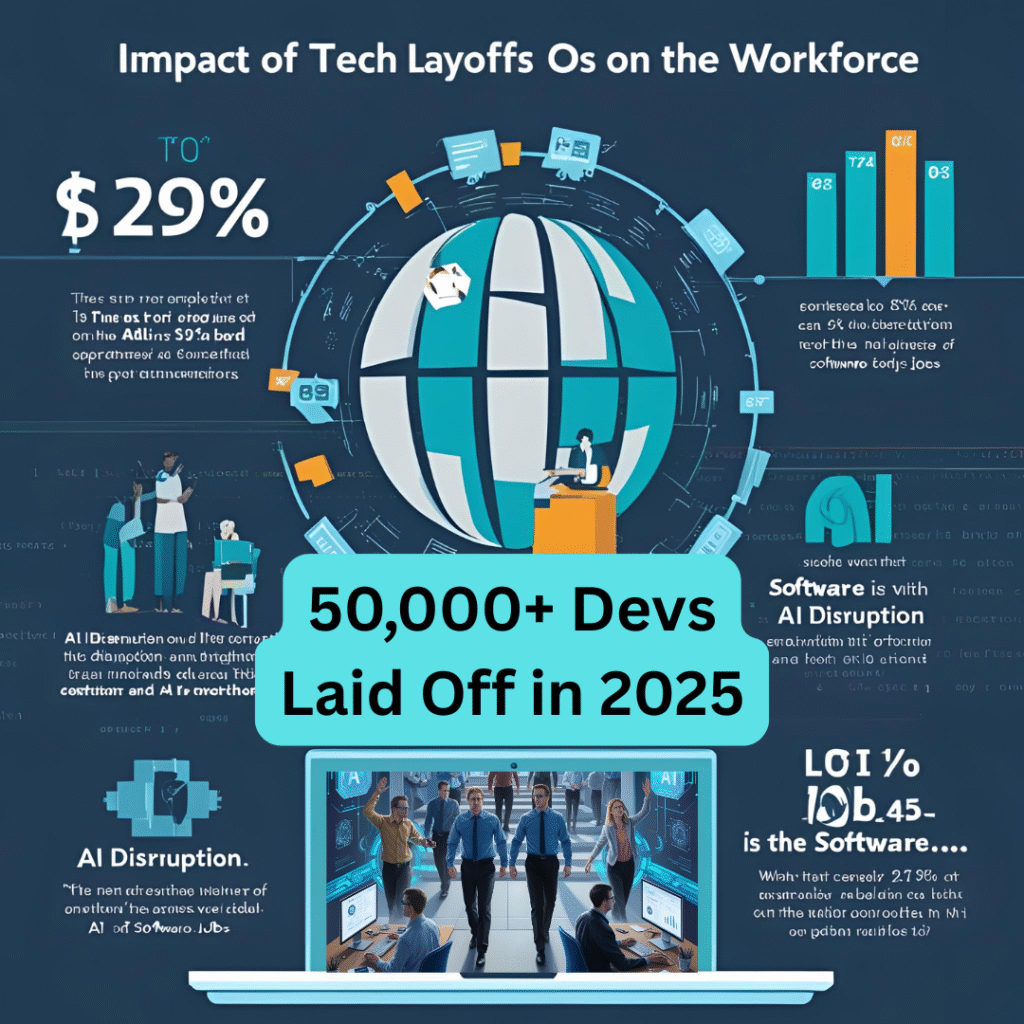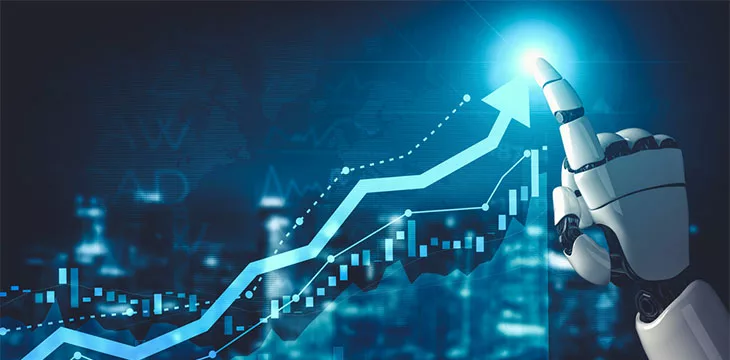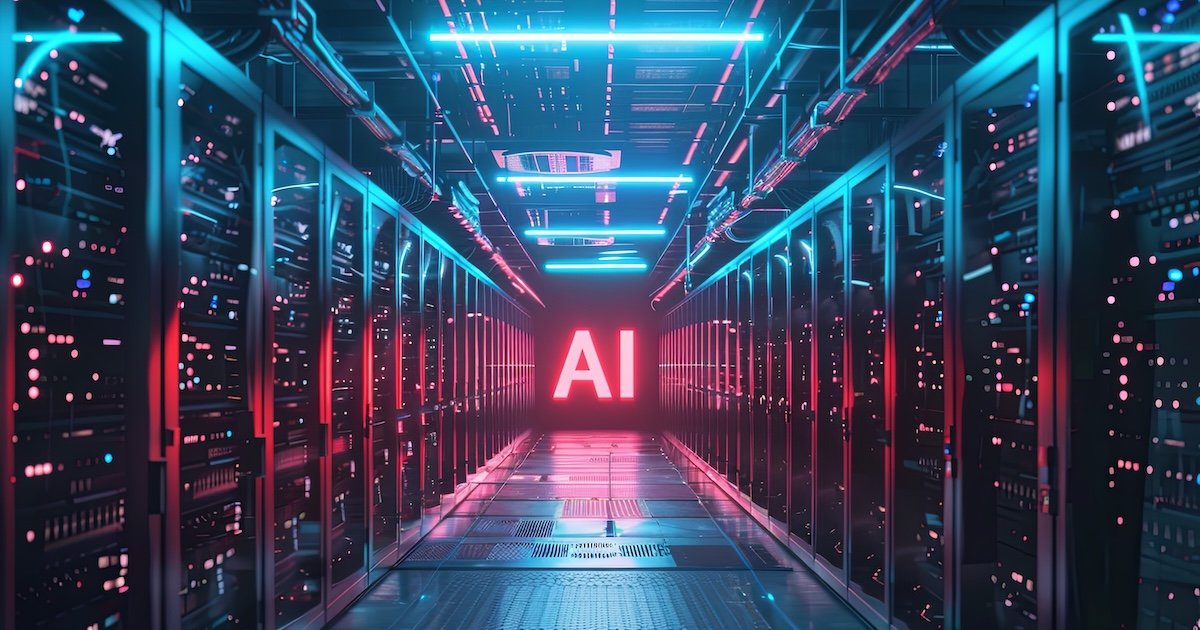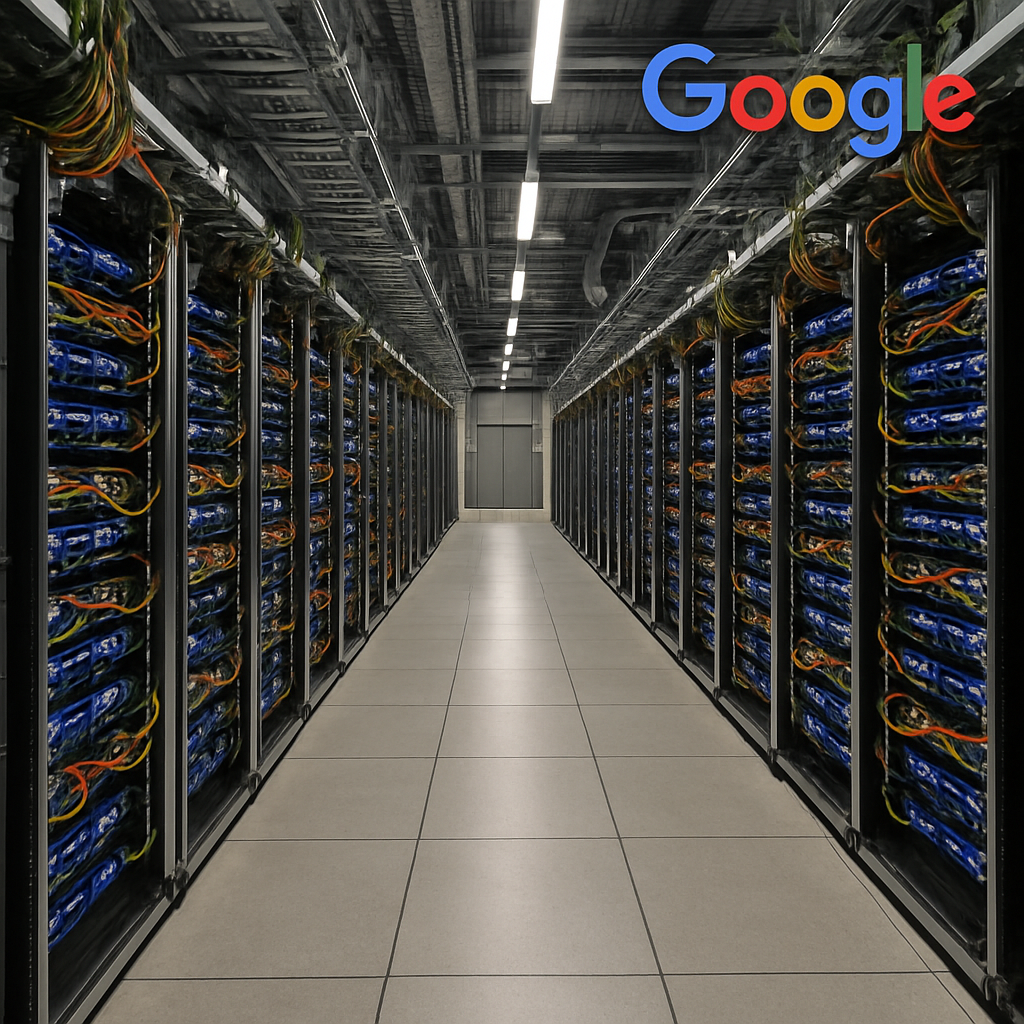Over the past eighteen months, the U.S. tech industry has faced one of its sharpest corrections in decades. Once defined by relentless hiring sprees, soaring salaries, and talent wars, the sector is now navigating mass layoffs, shrinking roles, and a recalibration of the labor market.

According to industry trackers, more than 170,000 U.S. tech workers have been laid off since late 2023. In early 2025, layoffs rose by 35% compared to 2024, signaling that restructuring is not slowing down. Programming roles — long considered the backbone of the digital economy — have shrunk by 27% between 2022 and 2024, while average salaries dropped over 12%.
But beyond the statistics, these shifts reveal deeper transformations in how and where tech talent is deployed.
Where Displaced Tech Workers Are Going
Despite the turmoil, many skilled workers have found new opportunities:
- Smaller Tech Firms: Startups and mid-sized companies are absorbing talent once concentrated in Big Tech.
- Finance & Consulting: Tech-savvy workers are boosting digital transformation in banks and consultancies.
- Healthcare & Logistics: Data engineering, automation, and AI expertise are powering critical sectors.
- Freelancing & Entrepreneurship: Platforms like Upwork, Toptal, and personal ventures have become fallback paths for many professionals.
- Public Sector & Cybersecurity: With rising cyber threats, government agencies and defense contractors are aggressively hiring displaced tech workers.
This redeployment illustrates a broader truth: tech skills are no longer confined to Silicon Valley — they’re becoming cross-industry essentials.

The Rise of Reskilling in AI and Advanced Tech
One bright spot in the turbulence is the surge in reskilling and upskilling. Workers are turning to:
- Artificial Intelligence & Machine Learning training.
- Cloud computing, DevOps, and cybersecurity certifications.
- Blockchain, robotics, and data science bootcamps.
Companies like Google, Microsoft, and IBM are offering subsidized courses, while universities and online platforms (Coursera, Udemy, edX) report record enrollments.
For many professionals, these skills are not just about reemployment — they’re about future-proofing careers.
The Entry-Level Crisis
While mid-career and senior tech workers are managing to pivot, entry-level hiring has collapsed. Recruiters report a sharp decline in internships, graduate programs, and junior developer openings.
This has created a divide:
- Established professionals with experience in AI, cybersecurity, and cloud remain in demand.
- Newcomers face barriers breaking into the industry, with fewer opportunities for skill development and mentorship.
This imbalance risks leaving an entire generation of graduates underemployed or forced to exit tech entirely.
Policy and Industry Solutions Needed
To bridge the gap and stabilize the workforce, experts argue for:
- Reskilling Incentives: Tax credits and subsidies for continuous education in AI, cybersecurity, and automation.
- Cross-Industry Hiring Pathways: Encouraging finance, healthcare, logistics, and government to absorb displaced workers.
- Stronger Entry-Level Programs: Paid apprenticeships and government-backed internships for recent graduates.
- Labor Mobility Support: Simplified relocation and visa pathways to move talent where it’s most needed.
Without intervention, the U.S. risks losing its competitive edge as emerging economies accelerate tech workforce development.
Looking Ahead: A Tech Labor Market in Transition
The ongoing wave of layoffs and restructuring is painful, but it may also mark the beginning of a reset. Instead of inflated salaries and over-concentration in Big Tech, the industry is dispersing talent more evenly across sectors that urgently need digital expertise.
For professionals willing to adapt, reskill, and embrace cross-industry opportunities, the future remains promising. But for policymakers and companies, the challenge is clear: ensure that both seasoned experts and new graduates can thrive in the next phase of the digital economy.






